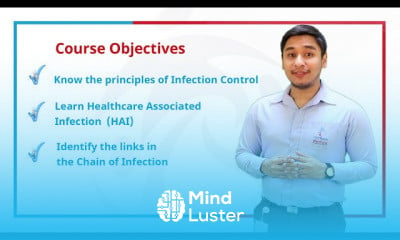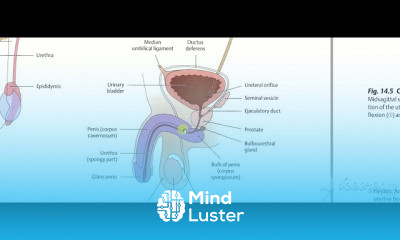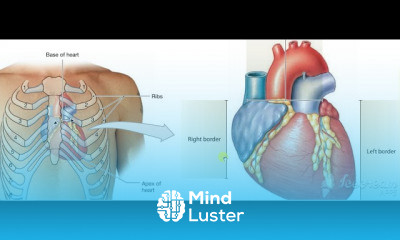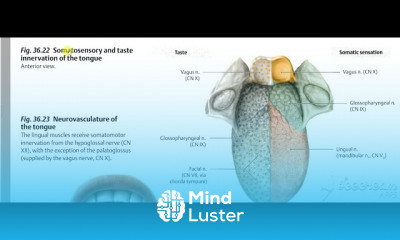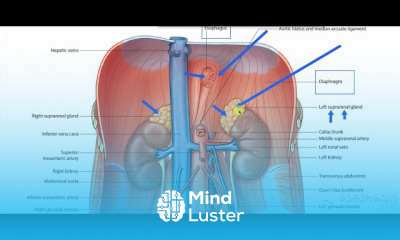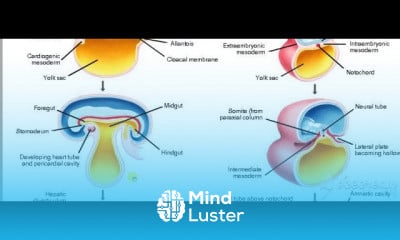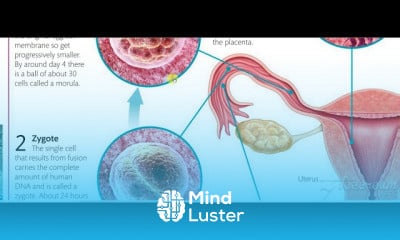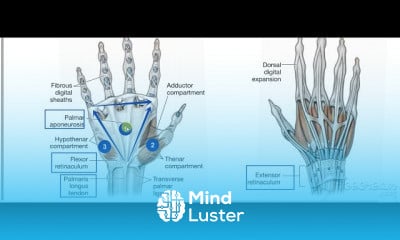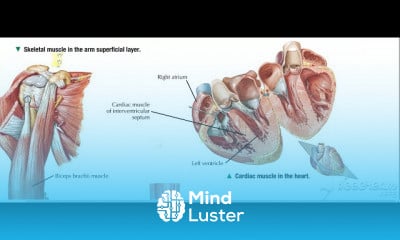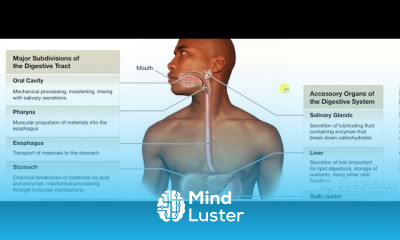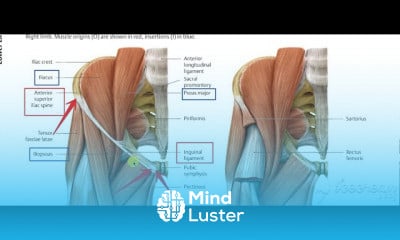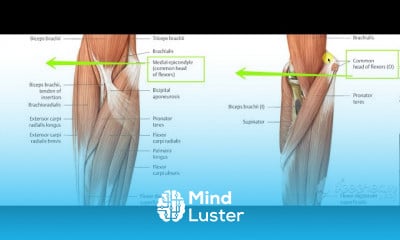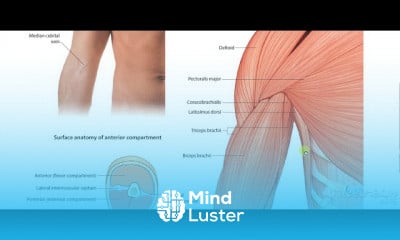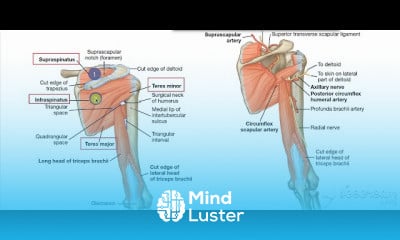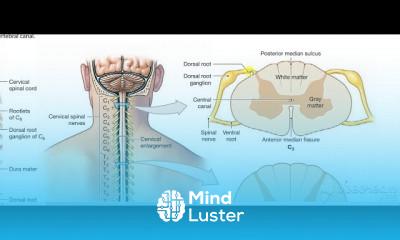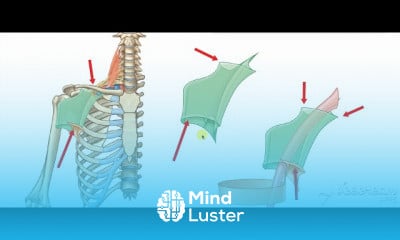Pancreatic blood supply Lymphatic drinage 2
Share your inquiries now with community members
Click Here
Sign up Now
Lessons List | 27
Lesson
Comments
Related Courses in Medical
Course Description
What is the Endocrine System?
Endocrine systems, also referred to as hormone systems, are found in all mammals, birds, fish, and many other types of living organisms. They are made up of:
Glands located throughout the body;
Hormones that are made by the glands and released into the bloodstream or the fluid surrounding cells; and
Receptors in various organs and tissues that recognize and respond to the hormones.
Why are Hormones Important?
Hormones act as chemical messengers that are released into the blood stream to act on an organ in another part of the body. Although hormones reach all parts of the body, only target cells with compatible receptors are equipped to respond. Over 50 hormones have been identified in humans and other vertebrates.
Hormones control or regulate many biological processes and are often produced in exceptionally low amounts within the body. Examples of such processes include:
blood sugar control (insulin);
differentiation, growth, and function of reproductive organs (testosterone (T) and estradiol); and
body growth and energy production (growth hormone and thyroid hormone).
Much like a lock and key, many hormones act by binding to receptors that are produced within cells. When a hormone binds to a receptor, the receptor carries out the hormone's instructions, either by altering the cell's existing proteins or turning on genes that will build a new protein. The hormone-receptor complex switches on or switches off specific biological processes in cells, tissues, and organs.
Some examples of hormones include:
Estrogens are the group of hormones responsible for female sexual development. They are produced primarily by the ovaries and in small amounts by the adrenal glands.
Androgens are responsible for male sex characteristics. Testosterone, the sex hormone produced by the testicles, is an androgen.
The thyroid gland secretes two main hormones, thyroxine and triiodothyronine, into the bloodstream. These thyroid hormones stimulate all the cells in the body and control biological processes such as growth, reproduction, development, and metabolism.
The endocrine system, made up of all the body's different hormones, regulates all biological processes in the body from conception through adulthood and into old age, including the development of the brain and nervous system, the growth and function of the reproductive system, as well as the metabolism and blood sugar levels. The female ovaries, male testes, and pituitary, thyroid, and adrenal glands are major constituents of the endocrine system.
Trends
French
Graphic design tools for beginners
Data Science and Data Preparation
Formation efficace à l écoute de l
Artificial intelligence essentials
Learning English Speaking
Essential english phrasal verbs
MS Excel
Electrical engineering for engineer
American english speaking practice
Build a profitable trading
Build a tic tac Toe app in Xcode
Python for beginners
Figma for UX UI design
YouTube channel setup
Marketing basics for beginners
Web Design for Beginners
Computer science careers
Magento Formation Français
ArrayLists in C for beginners
Recent
Data Science and Data Preparation
Growing ginger at home
Gardening basics
Ancient watering techniques
Grow mushrooms
Growing onions
Veggie growing
Bean growing at home
Growing radishes
Tomato growing at home
Shallot growing
Growing kale in plastic bottles
Recycling plastic barrel
Recycling plastic bottles
Grow portulaca grandiflora flower
Growing vegetables
Growing lemon tree
Eggplant eggplants at home
zucchini farming
watermelon farming in pallets




